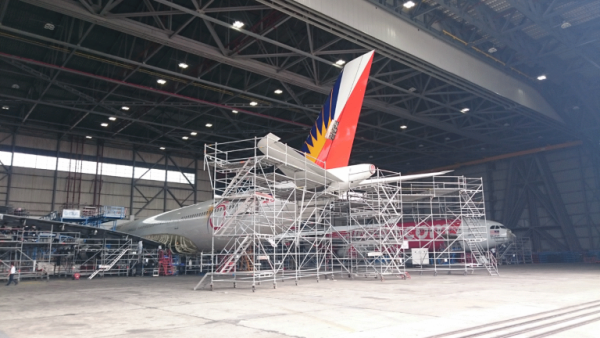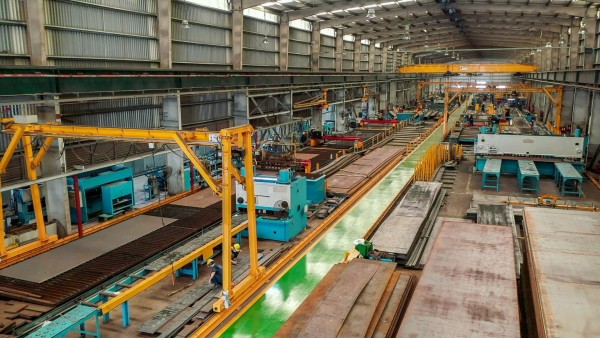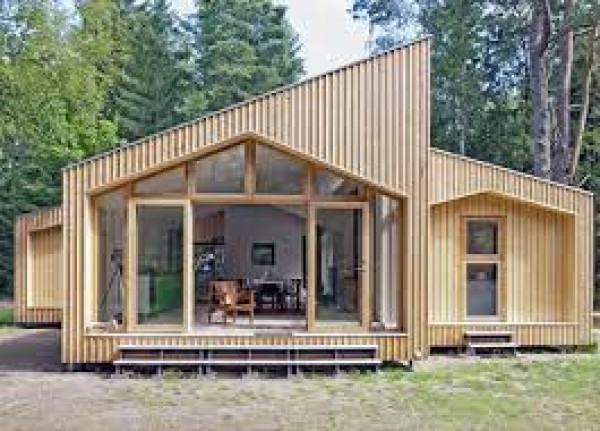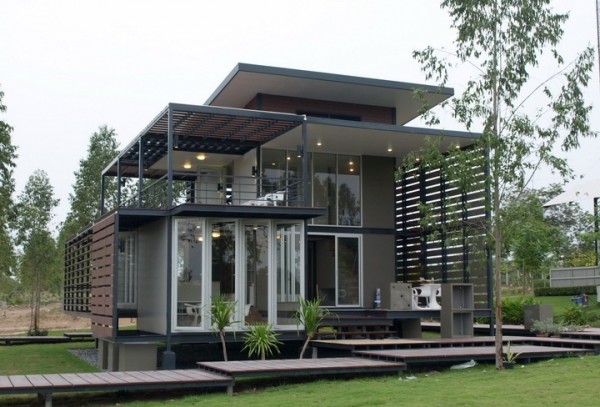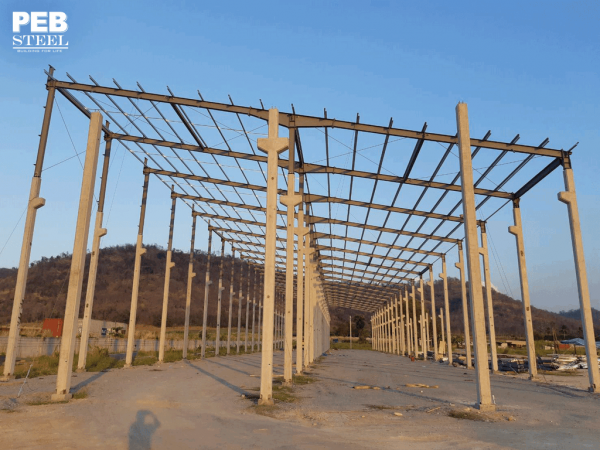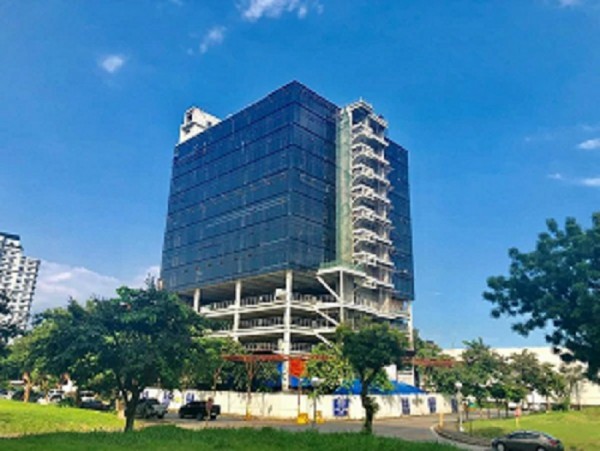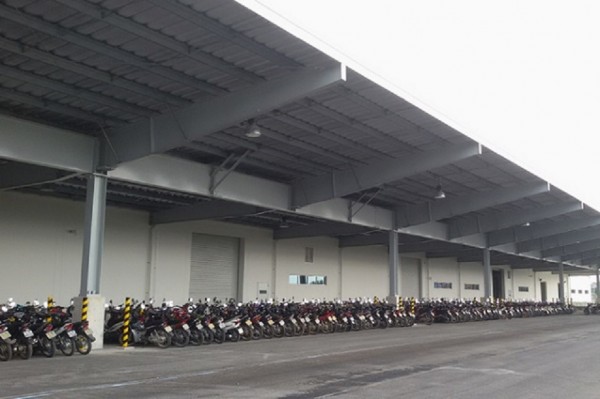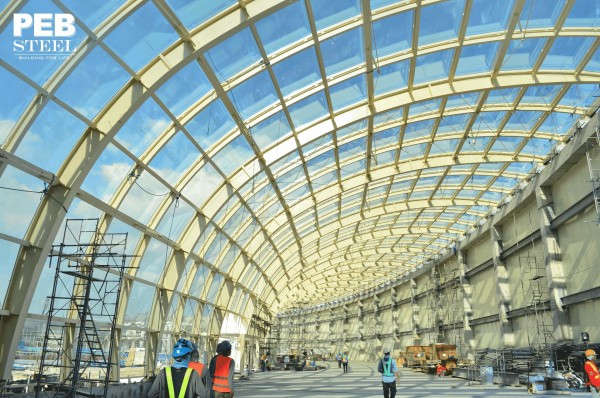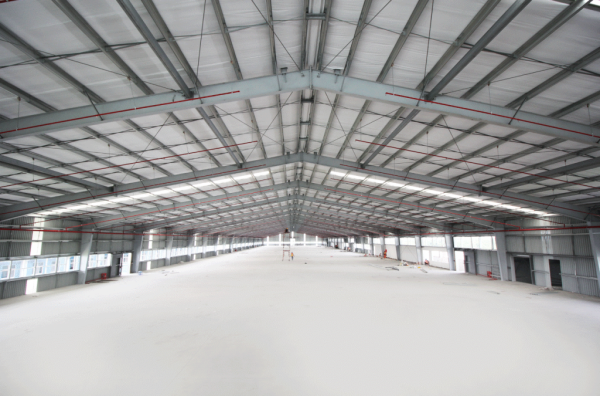The term “pre-engineered buildings” was first marketed during the 1960s. A pre-engineered building refers to a building whose components are designed and fabricated in a factory, then transported and assembled at site. Pre-engineered buildings use a predetermined inventory of raw materials that have proven over time to satisfy a wide range of structural and aesthetic design requirements.
Pre-engineered buildings are usually steel structures. Thanks to the high strength grade of steel, these structures are reliable and require less raw materials than other types of structures such as concrete or timber structures.
In modern construction, pre-engineered buildings are used across various industries with multiple applications including commercial buildings such as showrooms, department stores, supermarkets, production halls such as factories, power plants; residential buildings; logistic buildings, and other buildings such as aircraft hangars, shipyards, etc.

